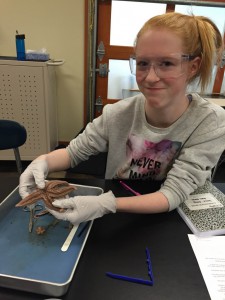 Research: Rebecca Givens Rolland laments that schools are racing through K-12 education these days, with policies that encourage children to cover more material in shorter amounts of time, under expectations that are misaligned with natural child development. She argues, “This push, while well-intentioned, is counterproductive. Children need time to sit with a subject, to see mistakes not as humiliations, but as chances to learn.” What’s missing in this “need for speed” is an understanding of the nature of the learning process and proper encouragement to create lifelong learners.
Research: Rebecca Givens Rolland laments that schools are racing through K-12 education these days, with policies that encourage children to cover more material in shorter amounts of time, under expectations that are misaligned with natural child development. She argues, “This push, while well-intentioned, is counterproductive. Children need time to sit with a subject, to see mistakes not as humiliations, but as chances to learn.” What’s missing in this “need for speed” is an understanding of the nature of the learning process and proper encouragement to create lifelong learners.
Practice: Every student at Chrysalis is allowed to learn at their own pace and in their own time. Since we don’t adhere to arbitrary standards we can create educational programs that meet each child where they are and allow them to progress when they’re developmentally ready. Our program allows children the extraordinary gift of time to flourish, learn deeply, and develop a love of learning.
 Research: A new
Research: A new 
